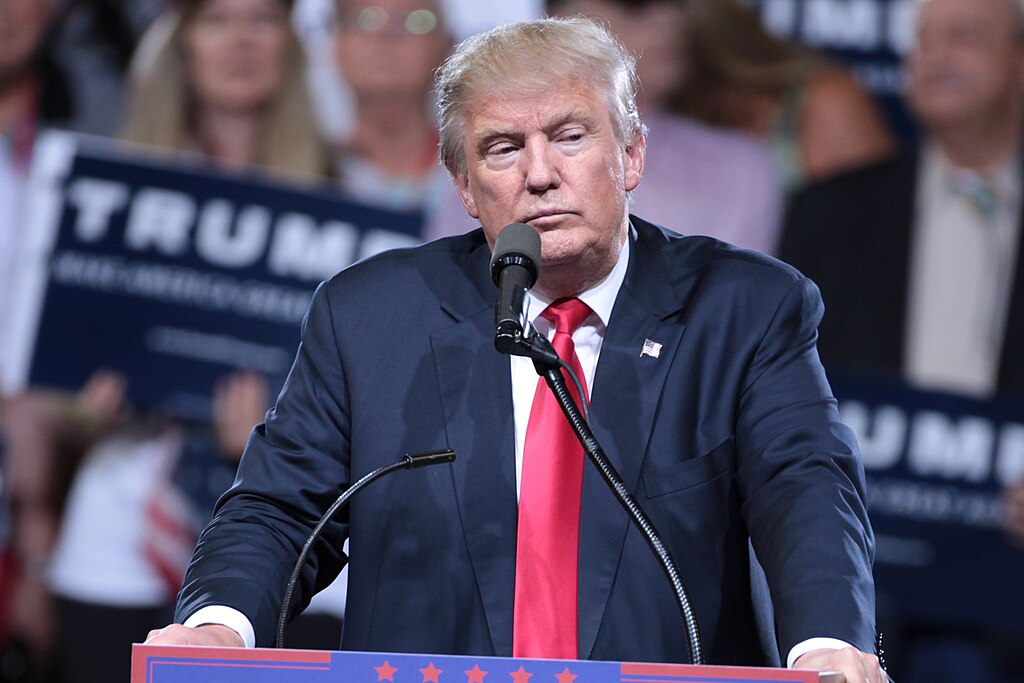Judges overturn massive civil fraud penalty but affirm that Trump and family committed fraud
ACC appeals court has thrown out the $454 million civil fraud judgment imposed on President Donald Trump, his family, and the Trump Organization, delivering a dramatic victory for the former president as he battles a host of legal challenges.
In a sweeping 323-page opinion, issued on 21 August 2025, all five judges of the Appellate Division’s First Department agreed that the nearly half-billion-dollar penalty was unlawful. Their ruling dismantles one of the costliest legal blows Trump had faced, though it did not fully clear him of wrongdoing.
The panel was split in its reasoning. Two judges maintained that Trump was correctly found liable for fraud but argued the penalty was “grossly excessive.” Another two judges said the trial court wrongly decided Trump committed fraud, yet agreed to join the dismissal “with great reluctance” to allow the case to proceed to the state’s highest court. A fifth judge went further, questioning whether New York Attorney General Letitia James should have brought the case at all.
“The documentary evidence supports the conclusion that each defendant participated in the fraudulent scheme,” the opinion noted. “However, while harm certainly occurred, it was not the cataclysmic harm that can justify a nearly half-billion-dollar award to the State.”
Attorney General James immediately vowed to appeal, insisting the case remains valid.
“The First Department today affirmed the finding that Donald Trump, his company, and two of his children are liable for fraud,” James said in a statement. “The court upheld the injunctive relief we won, limiting Trump and his organisation’s ability to conduct business in New York. We will appeal to the Court of Appeals and continue to protect New Yorkers.”
Trump’s legal team declared victory. Alina Habba, his former personal lawyer and current interim US attorney for New Jersey, celebrated the ruling.
“The court struck down the outrageous and unlawful $464 million penalty, confirming what we have said from the beginning: this case was politically motivated, legally baseless, and grossly excessive,” she said.
Another Trump attorney, Christopher Kise, called it “a $500 million day and an awesome victory,” adding that Trump’s worth had always been greater than what his financial statements suggested.
The original penalty was imposed in February 2024 by New York Judge Arthur Engoron, who ruled that Trump and his co-defendants spent more than a decade inflating asset values to obtain favourable loans and insurance terms. Engoron’s blistering judgment claimed their frauds “leap off the page and shock the conscience,” citing examples such as overstating the size of Trump’s Manhattan penthouse and misrepresenting the value of his Mar-a-Lago estate.
Engoron also temporarily barred Trump and his sons from running New York-based companies. That sanction, along with other injunctive relief, remains intact despite the financial judgment being vacated.
Trump, who won reelection to the presidency in November 2024, has long decried the civil fraud case as a politically motivated attack. During closing arguments last year, he declared himself an “innocent man” and accused James of pursuing him for electoral gain.
The appeals ruling comes as Trump juggles multiple civil liabilities. Before Thursday’s decision, he owed over $550 million across three judgments, including $83.3 million awarded to former Elle magazine columnist E. Jean Carroll for defamation, and an additional $5 million after a jury found he sexually abused her in the 1990s.
While the financial threat from the civil fraud case has now evaporated, the fight is far from over. James’s promised appeal to New York’s highest court sets the stage for another high-stakes legal showdown.
For Trump, the ruling delivers a symbolic and financial reprieve at a moment when he faces scrutiny from both political opponents and the judiciary. But with his legal battles continuing on multiple fronts, the broader question of accountability for his business practices remains unresolved.
